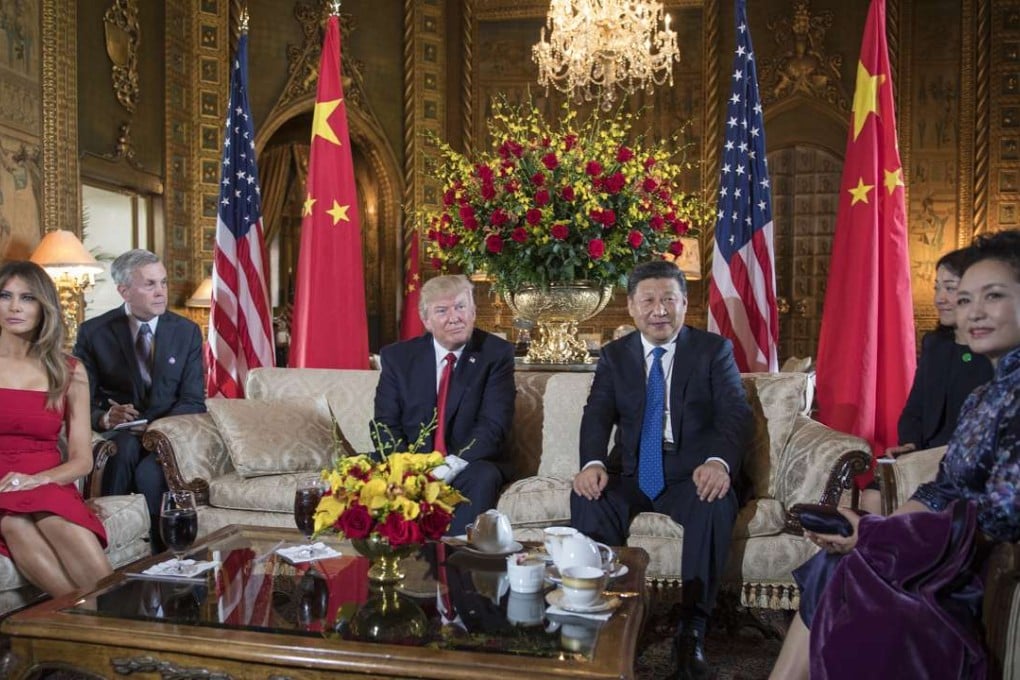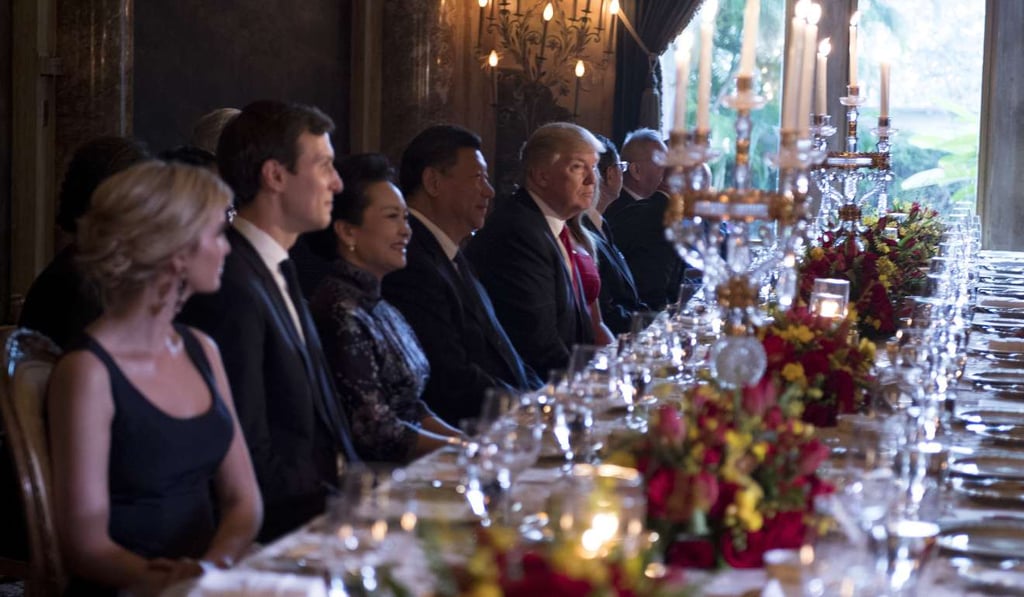Back To The Future | How Trump-Xi talks in Mar-a-Lago were influenced before a word was said
Both Chinese and US leaders have something to gain from Florida meeting, but perhaps much more to lose if a negotiation among ancient kingdoms has any lessons to offer

In 92BC, two superpowers of the ancient world met for the first time. Heading the Roman delegation was Lucius Cornelius Sulla Felix, better known as Sulla. From Parthia came Orobazus, representing Mithridates II, the King of Kings. The meeting took place near the Euphrates River held by Parthia.
The two sides were to discuss how to settle for the kingdom of Cappadocia – a buffer state between the giants. Sulla, the future dictator of Rome, ordered three chairs to be brought out – one for the king of Cappadocia, one for Orobazus and one for himself. Sulla sat himself in the middle. The talk was smooth and atmosphere amiable. The summit ended with Rome and Parthia pledging friendship to each other. Orobazus returned to Mithridates with good news. After hearing his envoy’s report, Mithridates had him executed.
By letting Sulla sit in the middle and chair a meeting that took place on Parthian territory, Orobazus had allowed a blatant breach of the sacred diplomatic protocols. The Romans would come to believe that Parthia was an easy pushover, Mithridates believed, and they would not respect the agreements.
Suspicion between the two sides grew after the incident. Rome continued to act aggressively. A series of clashes broke out between them, erupting into a full-blown conflict in 54BC that continued through the Roman and Sassanid Persian empires. The wars lasted a staggering 719 years.

